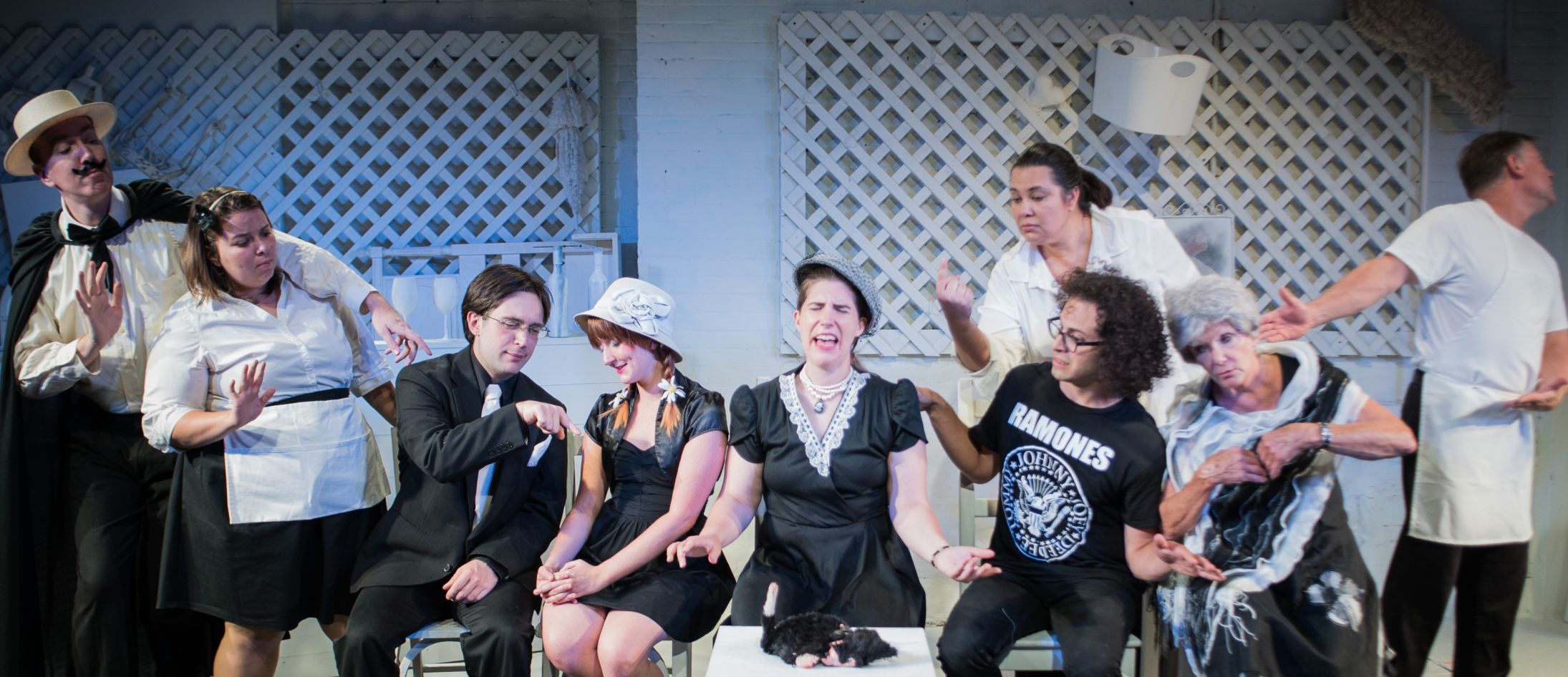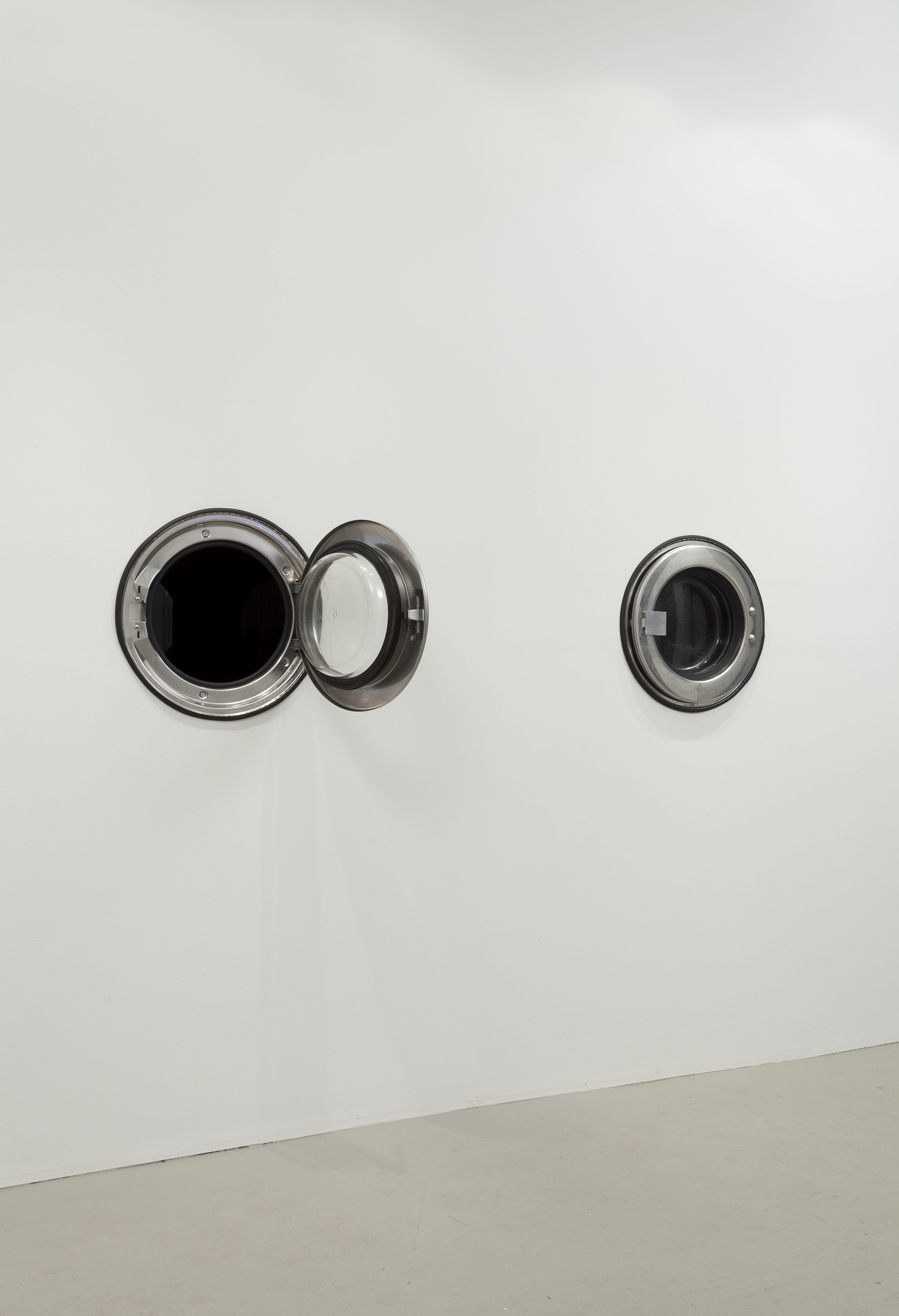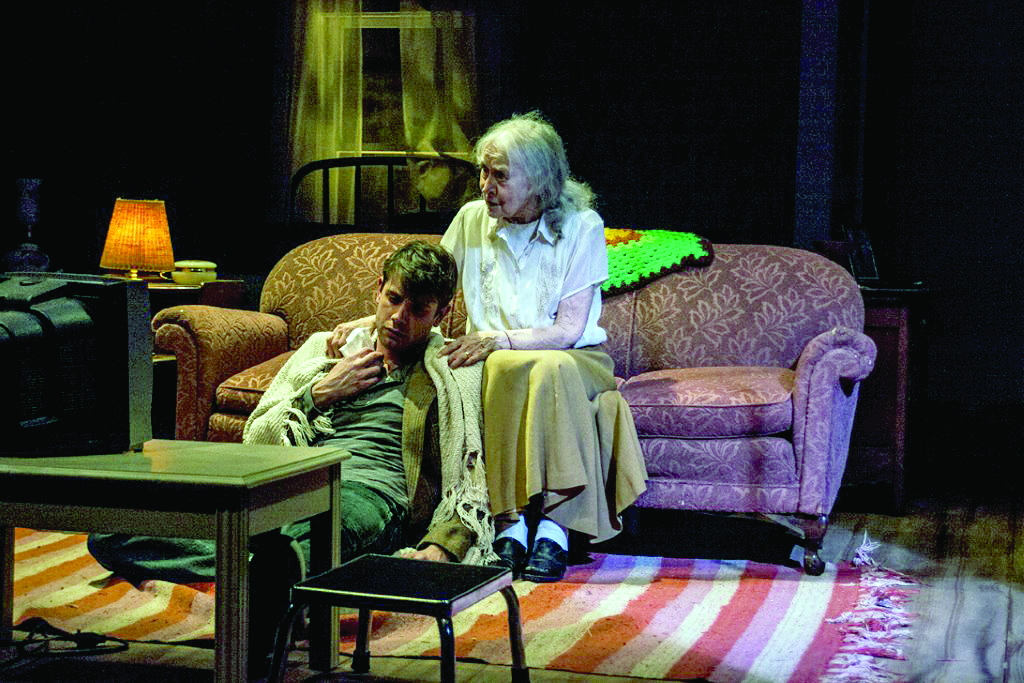Ensemble’s epic ‘Angels in America, Part Two’ is time well spent
By Bob Abelman
It’s been three months since we last spent time with the 30-year-old, AIDS-infected Prior Walter.
In the first part of Tony Kushner’s powerful “Angels in America,” performed last January at Ensemble Theatre, Prior’s longtime lover Louis had abandoned him, he had hallucinated himself into the depression- and drug-induced visions of a young Mormon woman whose husband – a clerk for power-lawyer Roy Cohn – had left her for another man, and an angel had just crashed through his ceiling to declare that Prior was a prophet and that “the Great Work” of saving humanity and heaven begins.
Quite the cliffhanger.
In part two, the “Great Work” not only begins but the great work performed earlier by Ensemble – the wonderfully rendered portrayals orchestrated by director Celeste Cosentino and the intriguing impressionist, location-establishing screen projections designed by Ian Hinz – continues.
“Angels in America” – which premiered in 1991 and is the winner of a Pulitzer for drama and a Tony for best play – is set in the mid-1980s, during the Reagan administration, as the AIDS plague ravages the nation. The play is a theatrical landmark and an audaciously ambitious work that is at once imaginative and unpretentious, personal and political, uncompromising and affable.
Its message of hope in the face of the unbearable devastation that plagues humanity, and the passion with which it was written, is still astonishingly relevant. So much so that the play has returned to Broadway, where both parts are being offered in a marathon seven-and-a-half-hour staging, which is how it should be experienced.
With Ensemble’s three-month separation of parts one and two, it takes a while to warm up to the returning characters and lose oneself in Kushner’s revisited fantasia. But audiences will eventually find themselves laughing along with the work’s hilarious irreverence and weeping in response to its heartbreaking depiction of the human condition.
Those attending part two without having seen the initial installment will likely be in the dark about how these characters first came together while watching them fall apart.
Over time, this cast has grown fiercer, more confident and more passionate in its portrayals.
No longer playing the hopeless victim, Scott Esposito’s brilliant portrayal of Prior is even more textured while still maintaining the character’s core cynicism, intelligence and likeability. Craig Joseph’s Louis is still a coward, but he gets to add repentant to the complexity that defines him. Joseph’s honest and sensitive depiction of him is enthralling.
Harper Pitt, the emotionally unstable wife of gay Mormon Joe Pitt, comes to terms with her dilutions in part two, which gives the talented Kelly Strand the opportunity to showcase her acting chops and well-honed comic timing. Meanwhile, Joe now reaps what he sowed in the first installment and actor James Alexander Rankin plays devastation marvelously.
Jeffrey Grover, as the now-dying Roy Cohn, has lost none of the deliciously serpentine traits that define his character. Indeed, they have gotten richer and more defined as Cohn defiantly faces his ungainly demise.
Derdriu Ring’s ability to totally inhabit whatever role she takes on is on full display in her portrayals of Joe Pitt’s stoic mother, the bitter spirit of the executed spy Ethel Rosenberg – who performs an impressive kaddish over Roy Cohn’s body – and assorted others.
Davion T. Brown replaces the original actor playing Belize, a former drag queen turned nurse, and does so without missing a beat. In fact, he brings an authenticity to the role that enriches the character’s endearing qualities which, in turn, enriches this production.
Inés Joris is imposing as the ethereal angel, whose flight is cleverly mimicked by being hoisted onto the shoulders of a wingless shadow. But she is rather uninteresting for a celestial being and her heightened prose is often inaudible, which tends to stall the storytelling during her visitations.
“We’re not going away. We won’t die slow, secret deaths anymore,” cries Prior to all who will listen at the end of the play. “More life!”
This declaration of choosing life, despite all the suffering and ugliness he has encountered in the world, is the play’s most poignant moment and Kushner’s most stunning accomplishment with “Angels in America,” considering the time in which it was written.
But it is just one of many moments that shows the immense compassion with which Ensemble Theatre has approached this play. It was well worth waiting the three months.
On Stage
“Angels in America, Part Two: Perestroika”
WHERE: Ensemble Theatre, 2843 Washington Blvd., Cleveland Hts.
WHEN: Through May 20
TICKETS & INFO: $12-$25, call216-321-2930 or visit ensembletheatrecle.org
Bob Abelman covers professional theater and cultural arts for the Cleveland Jewish News. Follow Bob at Facebook.com/BobAbelman3. 2017 AP Ohio Media Editors best columnist.
Originally published in the Cleveland Jewish News on April 29, 2018.
Lead image: Craig Joseph as Louis Ironson, from left, and Scott Esposito as Prior Walter. Photo / Aimee Lambes











